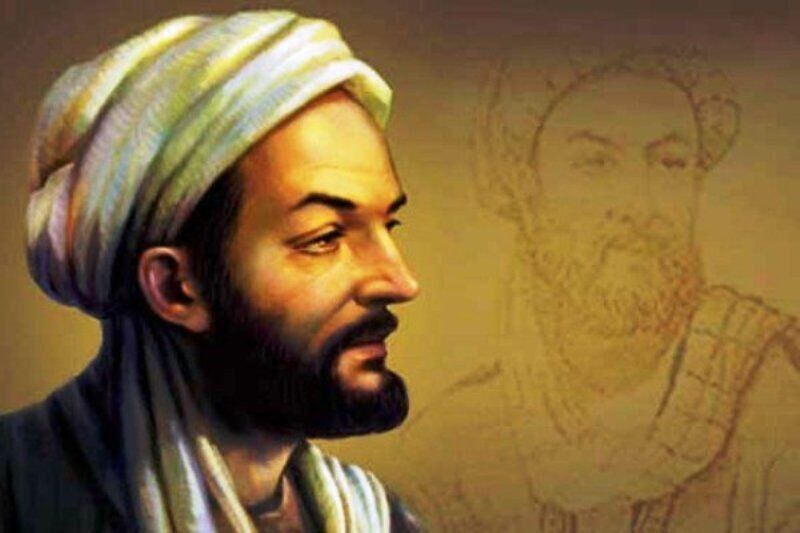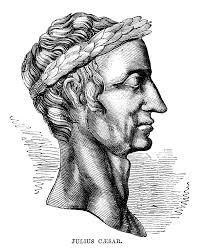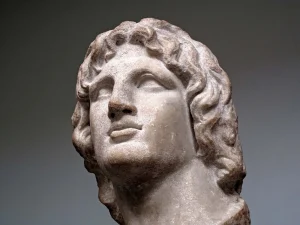
2. Philosophical Views on Charity
Avicenna’s philosophy, particularly his ethical writings, emphasized the importance of charity and social responsibility. He often stressed that wealth and knowledge should be used to help those in need and to promote justice. His concept of a just society included a responsibility to care for the less fortunate, especially through education, healthcare, and the provision of basic needs.
3. Promotion of Education
In addition to his work in medicine and philosophy, Avicenna was also a strong advocate for education. He believed in the power of knowledge to transform societies and improve lives. Avicenna worked to ensure that education was accessible to all, regardless of social class. His own works were widely distributed, and he mentored many students, some of whom went on to make their own contributions to the fields of science and philosophy. By promoting education, Avicenna worked toward a more enlightened and equitable society.
4. Hospital Work
Avicenna’s contribution to the field of medicine was not just in theory but also in practice. He worked in hospitals where he would offer his services to both rich and poor patients. Hospitals during his time were often centers of charity, and physicians like Avicenna played an essential role in providing medical care regardless of a person’s social status. His ability to manage and contribute to these institutions was significant in improving public health and offering relief to many.
5. Charitable Actions in His Personal Life
Avicenna’s personal commitment to charity extended beyond his professional life. It is reported that he gave generously to charity, especially to those in dire need. His approach to wealth was one of caution, and he often chose to live simply, focusing his resources on helping others rather than accumulating wealth for himself. This personal commitment to charity was rooted in his belief in the importance of serving others and in the Islamic tradition of giving to those in need (Sadaqah).
Avicenna’s Legacy
Avicenna, also known as Ibn Sina (980–1037), was one of the most influential philosophers, scientists, and polymaths of the Islamic Golden Age. His contributions to various fields such as medicine, philosophy, mathematics, and astronomy have left an indelible mark on both Eastern and Western intellectual traditions.
1. Contributions to Medicine
Avicenna’s most notable work is the “Canon of Medicine” (Al-Qanun fi al-Tibb), a monumental medical encyclopedia that served as the standard medical textbook in Europe and the Islamic world for centuries. The Canon systematically compiled medical knowledge from Greek, Persian, and Indian traditions and presented it in a way that was comprehensible and usable for medical practitioners. Avicenna was one of the first to recognize the contagious nature of infectious diseases and the importance of hygiene in medical practices. His ideas on disease transmission, the use of quarantine, and his detailed studies on anatomy were ahead of his time.
2. Philosophy and Metaphysics
In philosophy, Avicenna’s influence extended from the Islamic world to the West, with his works being studied by prominent philosophers such as Thomas Aquinas. He was a key figure in Islamic Neoplatonism, and his synthesis of Aristotle’s works with Islamic thought laid the foundation for later philosophical development in both the East and the West. Avicenna’s “The Book of Healing” (Kitab al-Shifa) is an expansive work on logic, natural sciences, mathematics, and metaphysics. His views on the nature of existence, the soul, and the relationship between God and the world became central to both Islamic and Western scholastic traditions.
3. Logic and Epistemology
Avicenna made groundbreaking contributions to logic and epistemology. He developed a complex system of syllogism and inductive reasoning that influenced later thinkers like Rene Descartes and John Stuart Mill. His theory of knowledge emphasized the importance of the intellect in acquiring knowledge, while also acknowledging the role of sensory perception. He introduced a unique approach to conceptual analysis, which became a foundation for later epistemological theories.
4. Influence on Astronomy
Avicenna also contributed to the development of astronomy, particularly in refining the understanding of planetary motion and the nature of the universe. Although his views were primarily influenced by Ptolemaic astronomy, his work also inspired later astronomers, including Copernicus. His synthesis of Greek and Islamic astronomical knowledge allowed subsequent generations of scholars to build on his ideas and expand the understanding of the cosmos.
5. Legacy in the Western World
Avicenna’s works were translated into Latin during the 12th century, profoundly influencing medieval European scholars. The Latin translations of his works on medicine and philosophy were considered authoritative for centuries, and his medical theories were especially revered in medieval universities. Figures like Albertus Magnus and Aquinas integrated Avicenna’s ideas into Christian scholasticism. His blending of faith and reason resonated with Christian thinkers, and his intellectual legacy helped bridge the gap between Greek philosophy and Christian theology.
6. Impact on Modern Thought
Avicenna’s influence continues to resonate in contemporary thought. His exploration of the mind-body relationship, his theories on metaphysics, and his early concept of cognitive psychology still serve as a reference point for modern philosophical and medical discussions. His pioneering ideas in the fields of empiricism, rationalism, and ontology laid foundational groundwork for later philosophers and scientists, particularly in the development of the scientific method and epistemological inquiry.
Notable and inspiring stories of Avicenna’s life
Avicenna (Ibn Sina), one of the most prominent figures in Islamic philosophy and medicine, lived a remarkable life full of achievements that still resonate in various fields today. Here are some of the most notable and inspiring stories from his life:
1. A Prodigy from Early Childhood
Avicenna was born in 980 CE in Afshana, near Bukhara (modern-day Uzbekistan). His early life showed signs of brilliance—he was a child prodigy, excelling in subjects like the Quran, mathematics, and philosophy. At the age of 10, he had already mastered most of the basic sciences of the time. By the time he was 16, he was studying and teaching complex subjects such as medicine and logic.
One of the most inspiring parts of his early life was his ability to learn rapidly and absorb knowledge from various teachers, eventually becoming so well-versed in medicine that he cured the Samanid ruler, Nuh ibn Mansur, who was suffering from a condition that no physician could treat. This earned him the trust of the ruler and allowed him to access the royal library, which he used to deepen his knowledge in many fields.
2. Writing the "Canon of Medicine"
Avicenna’s most influential work in medicine, the Canon of Medicine (Al-Qanun fi al-Tibb), was completed when he was in his early 20s. This medical encyclopedia was revolutionary at the time and became a cornerstone of medical knowledge in both the Islamic world and later in Europe. For over 600 years, it was used as the standard textbook in European universities.








